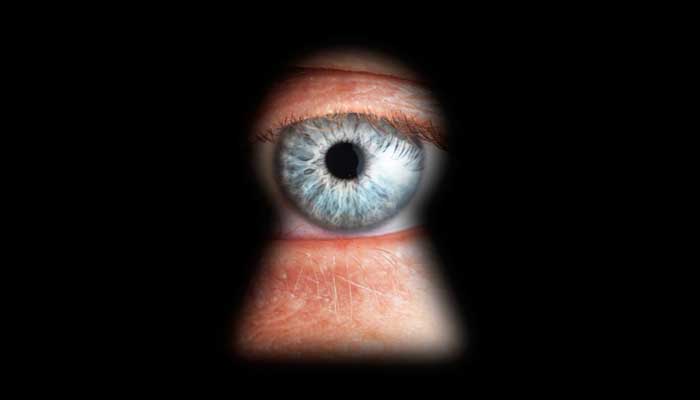
The main question is do Indians care about privacy? No! and it’s not just an assumption but a naked truth. Indians just don’t care about the privacy.
Indians cannot “import conceptions of privacy” because “on a train in this country, people will tell you their life stories within five minutes”.
There is no word in most Indian languages for privacy.
That isn’t surprising, considering that unlike many western countries, Indian society is based on communities, not individuals.
We are a country of joint families — where cousins live under the same roof and grow up as siblings and having a room to yourself is a rare privilege. Privacy has never been something Indians have enjoyed, so it is not as much of a priority as it is for, let’s say, Americans, who tend to live in nuclear families.
In a time when government websites leak the personal details of 135 million citizens with no consequences when a database of 120 million mobile users can be leaked without so much as a peep on newspaper front pages, a strong privacy law is clearly a fundamental requirement.
In the US a fifteen-year-old was forced to watch as school administrators logged into her Facebook account after forcing her password out of her. In her case, the largest civil liberties union in the US sued the school and the court ordered them to pay up $70,000 in damages.
Lucky her!!!
A Supreme Court bench of nine judges is trying to decide whether privacy is a fundamental right under India’s constitution. The right to liberty is incomplete without our ability to be who we are away from the glare of those who wish to overpower us.
When the government doesn’t care about privacy while making its decisions, it risks the prospect of turning into a surveillance state. For the government to care about privacy, we need to care about privacy.
Not just some journalists and policy wonks in high office, all of us.
Make no mistake – when the government asks for your Aadhaar for things like filing taxes, opening a bank account, and even graduating from college, they are not actively seeking to invade your privacy. They do these things as a lazy way out of having effective ways of dealing with fraudulent behaviour. Privacy is probably not even a consideration here.
Young people using public WiFi authenticated with their phone number risk having everyone from Google to the Indian government maintaining a personally identifiable log of what they do online.
Underprivileged citizens whose Aadhaar numbers have leaked into the public domain risk having their data being used by scammers to syphon off government benefits that are rightfully theirs.
Companies are not required to be careful with data that they collect about their customers. The government isn’t required to exercise restraint in its data collection. Worst of all, nobody cares about what could happen to them with the information they don’t even know is being collected about them.
We already live in an environment where catastrophic oversights like a tenth of all Indian citizens’ Aadhaar numbers being uploaded without protection on government websites are commonplace. And yet, we’re not debating how to make sure less data is available about us, or how to ensure that corporates and governments have a responsibility to keep information about us safe and use it as minimally as possible.
Instead, the debate is about whether privacy is a fundamental right.
The Supreme Court’s decision on privacy will be a historic moment for India. But even if it turns out well, it will just be the beginning of a long and tiring battle. But as the fight rages on in the courtrooms and in parliament, the bigger battle will be fought in our homes and schools, as we attempt to convince parents and principals that a 15-year-old’s right to a private life is important to the future of this country.

Post Your Comments